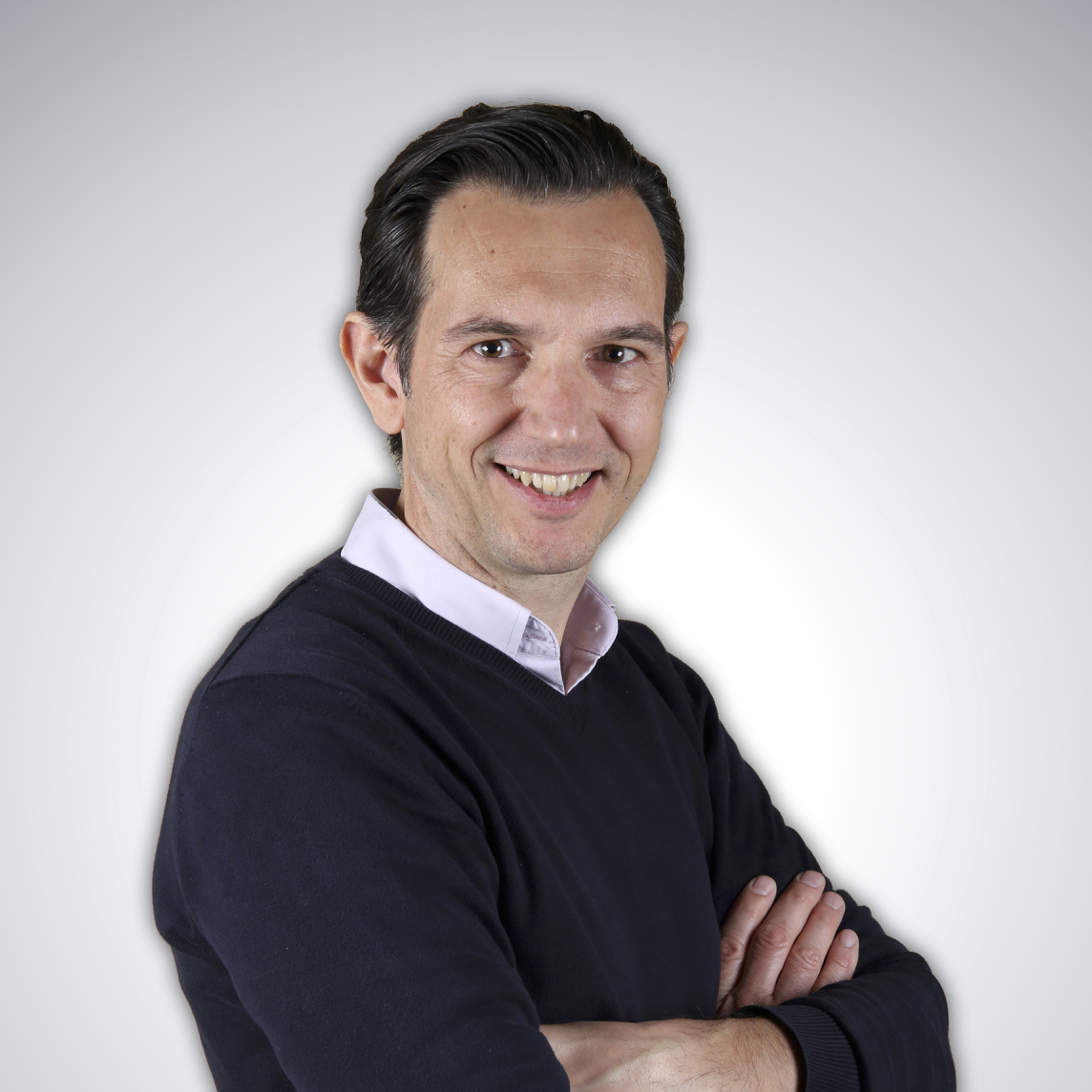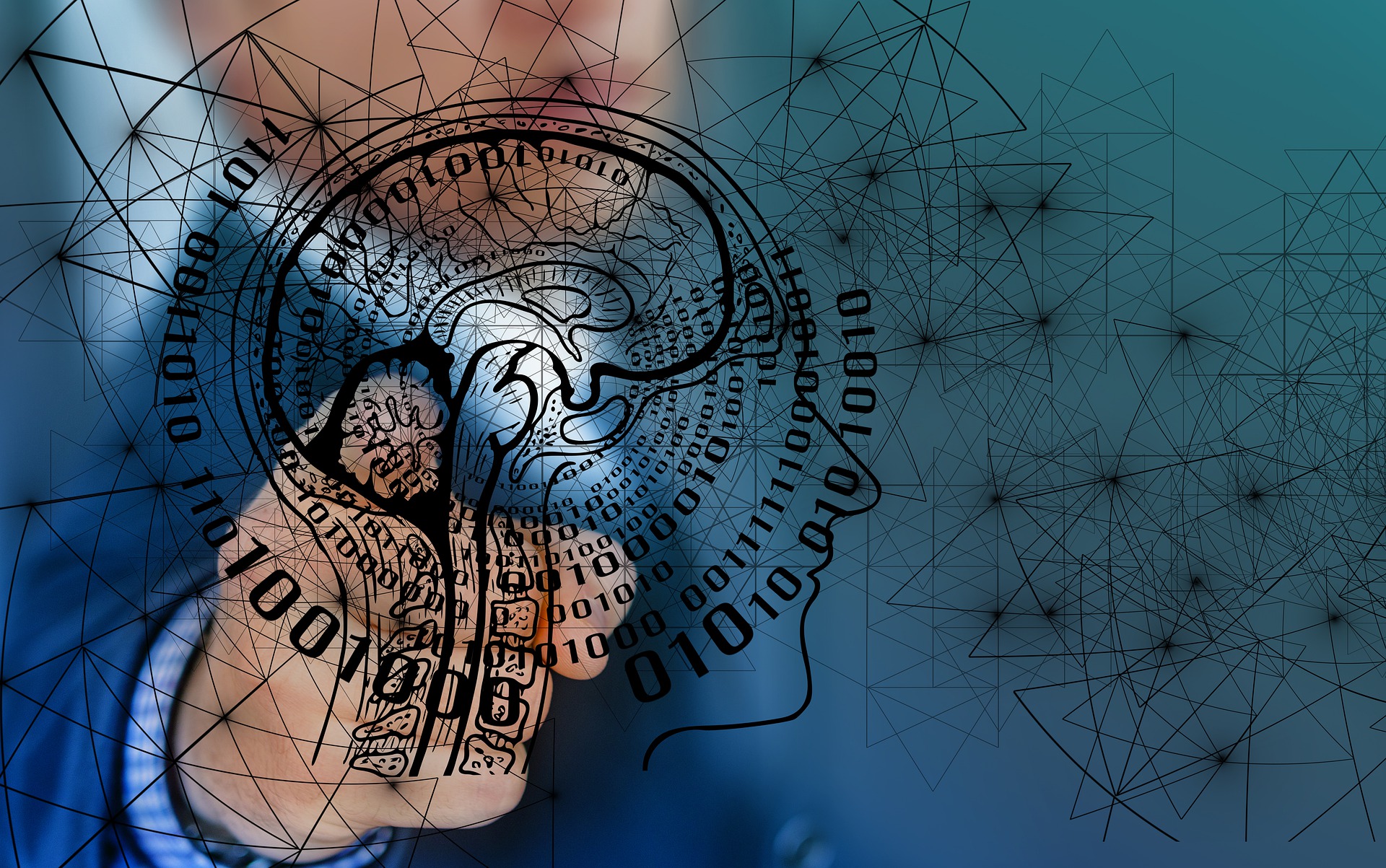Article by osteopath, body-centred stress coach and TedxVilvoorde (online on 10.10.2020) organiser Tom Meyers (B) and management consultant and change manager Christian Forstner (D), produced from the transcript of the podcast Health Matters EP1 (See below)
Health matters for people and organisations.
Since organisations are made of people, there is a clear correlation between the health of an organisation and people working in the organisation. In the Health Matters podcast, we will address both and share our view on them from our respective professional and personal experience.
A very natural reaction when the going gets tough in an organisational transformation is that people get stressed. It is also a very human reaction that while implementing new ways of working that in that same stressful moment people tend to return to the old ways of doing something out of convenience. However, while people go back to the old, known way of working, they auto-sabotage the transformation by creating a false sense of security and ultimately the project can become a waste of time, money and resources.
An organisational transformation is stressful not only for the organisation but also for the people that work in it. Both need to be managed at the same time achieve success.
The past has got where we are. That is as much of a truth for people as for organisations. A transformation on an individual or organisational level starts from the quest to do better or to become for example more future proof. In other words, a transformation for whatever reason starts with a futures perspective. A futures perspective that has to be designed and to be realised has to be incorporated into present decisions and choices.
From the past, we can learn but in this fast-changing world using the old ways is moving towards obsoletion.
This is again true for the individual as for organisations. Therefore we need new ways of managing ourselves and organisations to navigate the changes and challenges ahead. For example to break the habit of the old ways start asking: “How do I want to feel or how do I want the organisation to look like tomorrow?”. If that desired state is less stressful, more resilient or prosperous than realign your actions to what is needed to achieve your objective, to what you want
“How do I want to feel tomorrow or in two years time?” this question works for individual people as well as for organisations. The answer most likely being healthy and well. Just like the impact of well-being of the individual has an impact on the organisation and the people around. The impact of well-being on an organisation level can create even more advantages as it affects at the same time not only their employees but also their customers, their suppliers and even for society and the environment.
As soon as is understood that HEALTH MATTERS, that there is a state of humbles that something that can be done to feel better, then the work is almost done. A good transformation coach, to ensure that the transformation to the better state is successful, sustainable and human-centred understands this.
The biggest obstacle to transformation is the added levels of stress. If we are stressed, our capacity to create new ideas or even trust other people is reduced.
Stress is a (biological) process and becomes a nuisance when over a sustained period of time the demands are higher than one’s resources to cope with it. From an evolutionary perspective, the human stress response is doing pretty much the same things as it was doing for our ancestors and hasn’t really adapted to today’s new, fast-changing environment.
When stressed, not only muscles tense up, and heart rate and breath rate increase, it also changes the distribution of blood in the body and the brain. Changes in blood flow also mean changes in the distribution of nutrients, white blood cells, glucose and oxygen to our cells. Over time this has consequences to your health and well-being, the way you think, reflect and relate to others or new situations.
Chronic stress can shrink parts of your brain. Chronic stress on an organisation can influence productivity and growth.
(Tom) In my osteopathy and body-centred stress coaching practice, I help people to unwind on a physiological (neurological, hormonal … systems) as well as on the physical level (muscles, fascia…). It’s a very physical, hands-on body-mind approach with to which I add an educational aspect. It’s a new way of working that I’ve named the “Reaset Approach.” “Reaset” being an amalgam of “reset” and ease”. The objective is “the return to ease” in body, mind and spirit and to not only feel better but also to be able to think better, see clearer and handle the world better. In other words to be in your full potential while navigating change and dealing with the challenges of a fast-changing world. The educational aspect is necessary because we learn how to drive a car, but we have ever learned how to drive and take care of the vehicle of our life? To manage stress it is essential to understand stress and how to body reacts. In organisations, this is no different.
People as well as organisations to successfully transform need a goal, a purpose, or a mission and ways of measuring progress.
(Christian) I worked with organisations who just do their daily work, their daily job, and they serve their customers, as good as they could or as good as they both wanted, but they didn’t look beyond. They all had their purposes and visions, and missions and all had these wonderful websites. On the other hand, I little attention was given to what to expect at the end of the journey or something. This is what I first work on in organisations “identity” and “direction”. Organisations need to know who they are and why they exist and this needs to be transmitted to the stakeholders. On this vision, we develop a balanced strategy, providing clear added value to meet all stakeholder expectations, in full alignment with organisational identity and purpose, is the key to generate advantage.
Everyone in an organisation needs to understand that the health of an organisation affects the health of the stakeholders and vice versa. Health doesn’t come to you or your organisation it is something you need to take care of on purpose.
In people as well as in organisations there are facets that are automated others that need to be done. In people heartbeat, breath rate, digestion system and so many others are autonomous but without eating or drinking, we will wither away. The stress response is also autonomous but to take time to rest (voluntary), to recuperate and to regenerate (autonomous) is not.
In organisations IT, machines etc can automate processes but to lay out a vision for a company or taking care of its stakeholders?
When a system is broken down, compromised or doesn’t function optimally facilitator is needed to help the reaset processes towards health and well-being.
If a machine is broken you need a technician, when an organisation is struggling to cope with new demands you need a specialised consultant or change manager. When management is stressed you need a body-centred stress coach or stress management consultant before it filters down and affects everybody else and the organisation itself.
Managers that don’t manage their stress and don’t take care of their body are more prone for cardiovascular disease, cancer and so many other ailments. It is often the case that these problems don’t turn up for many years but hit when on holiday or as soon as one retires.
Do or don’t you want to enjoy working, contributing to the success of your organisation, creating a better world? Do you want to enjoy the journey life is and make the most of your time with family, kids or grandkids?
If you’re stressed, all of that is impacted: individual lives, families, friendships, jobs. This impact multiplies for organisations: in a chain reaction, stress affects employees, customers, the supply chain and environment & society around the organisation.
Has the target of your life become to be retired? Are you working ‘robot-like’ just to cover the months and years between with the hope to start living and do what you want to do at 67?
So many people just keep running, running towards the next goal, toward the next benchmark. Whether it’s family, finishing education, raising kids, making more money or achieving the next position in a company. Many people just run and don’t stop, for many years, sometimes their whole life under the illusion that when retired everything will be like paradise? Then retire and die.
To those people, we say, “STOP” listen to yourself and ask is this really what I want? Is this what I want for myself, my organisation, for those around me?
Your HEALTH and that of our organisation’s MATTER in other words
Y’our Health Matters
Stress is when demands are higher than the recourses to cope with it. It is a tangible experience that needs a tangible approach, supported by a futurizing mindset. It’s work, but it’s worth it.
Be good to y’ourself and y’our future, always.
Tom Meyers and Dr Christian Forstner
Visit us on LinkedIn
Tom: www.linkedin.com/in/meyerstom
Christian: www.linkedin.com/in/christian-dr-forstner
Published by
Status is online Tom Meyers Osteopath M.Sc. D.O. ✦ Speaker ✦ Author of “Futurize Yourself” ✦ Space Enthusiast ✮ Organiser of TEDxVilvoorde Published • 6d 18 articles Health matters for people and organisations A new 2-weekly #podcast by #management#consultant and #change manager Christian Dr. Forstner and #osteopath and body-centred #stress#coachTom Meyers. The impact of well-being of the individual has an impact on the organisation and vice versa. The impact of well-being on an organisation level can create even more advantages as it affects at the same time not only their employees but also their customers, their suppliers and even for society and the environment.


